Medical Credentialling, Professionalism and Ethics
Breadcrumb
- Home
- Initiatives and Collaborations
- Medical Credentialling, Professionalism and Ethics
The Academy supports the development of credentialling work, to recognise professional competence and to ensure patient safety. The Academy developed the credentialling system to enable only those medical and dental professionals who are properly trained and have the requisite knowledge and experience to perform high-risk procedures in appropriate settings, Academy Colleges were fully engaged in the process through extensive consultation.
Since 2016, all Academy Colleges have set up own Credentialling Committee to identify and develop credentialled procedures for different specialties gradually. Credentialling is an on-going process that requires determination.
Credentialling for Endovascular Neurointerventional Procedures
Application for Initial Credentialling for Endovascular Neurointerventional Procedures
Enquiries: [email protected]
Professionalism and ethics have become key topics of modern medicine and dentistry. Medical professionalism is the belief system that formulates and upholds the values and standards of medical practice. Changing expectations from patients and doctors as well as the introduction of disruptive technologies such as genomics and genetics, robotic surgery and big data analytics prompt us to re-think how medical professionalism should be articulated and inculcated in the contemporary era. The establishment of the Professionalism and Ethics Committee by the Academy in March 2019 is a response to the challenges.
The Committee is dedicated to:
The Committee organises a series of seminars and workshops covering a wide range of topics to enhance professional standards with ethical values and practices. It is committed to formulating best practice guidelines. To facilitate this, 6 Task Forces have been formed under the Committee to specialise in the areas of:
Best Practice Guidelines (BPG) developed
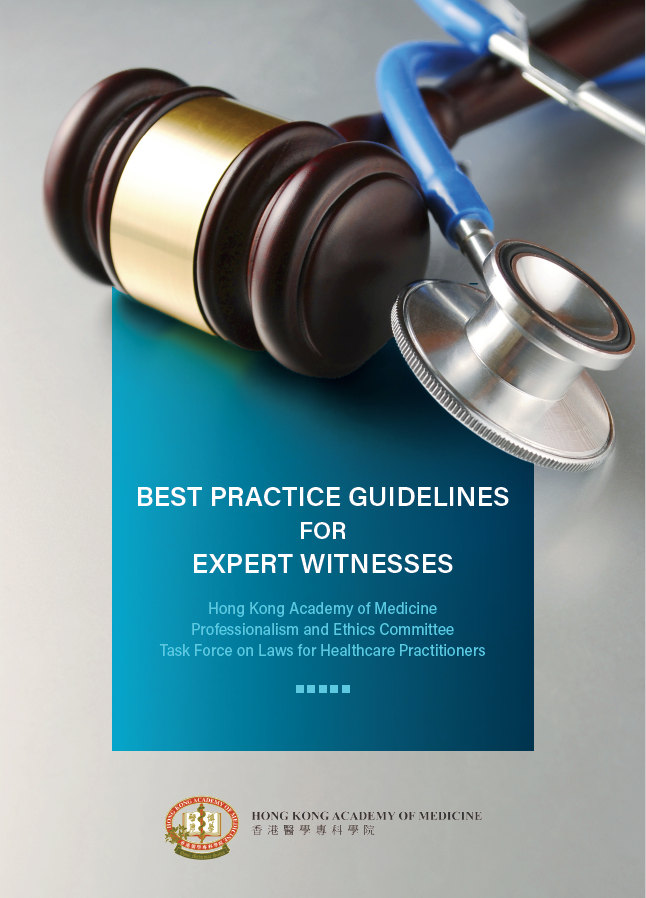
Click here for the set of BPG developed by the Task Force on Laws for Healthcare Practitioners to provide relevant guidance and practical advice for medical doctors and dentists who are serving as expert witnesses, or are considering to become an expert witness.
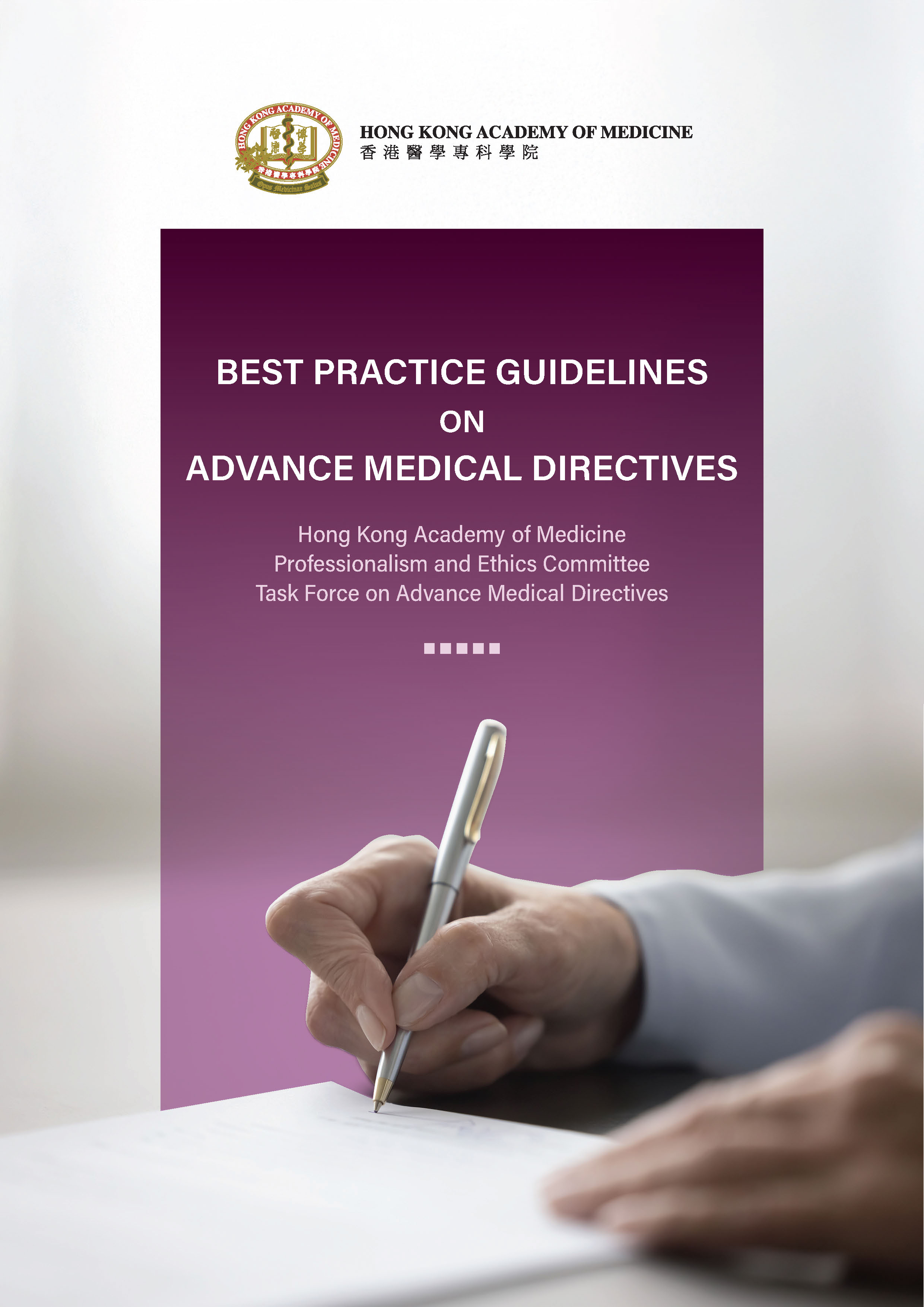
Click here for the set of BPG developed by the Task Force on Advance Medical Directives to provide necessary knowledge and relevant guidance for healthcare practitioners to navigate the complex process of AMDs in the legal, ethical, and practical dimensions.
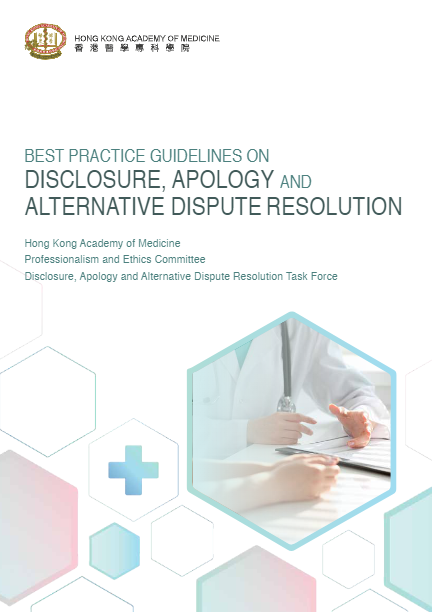
Click here for the set of BPG developed by the Task Force on Disclosure, Apology and Alternative Dispute Resolution to provide relevant guidance and advice in this area to medical and dental practitioners.
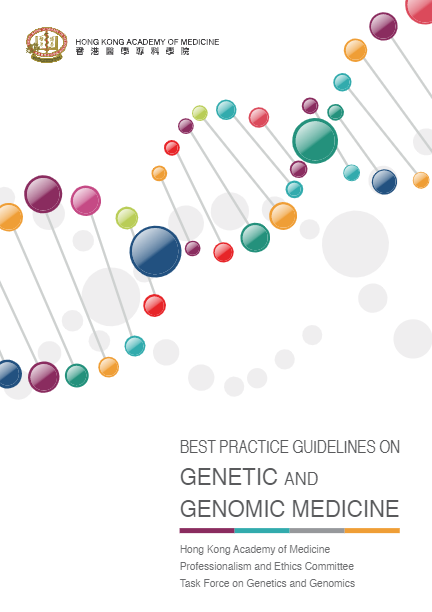
Click here for the set of BPG developed by the Task Force on Genetics and Genomics with a view to providing a clear ethical framework for the sound adoption and application of genetic technology and the many benefits it brings.
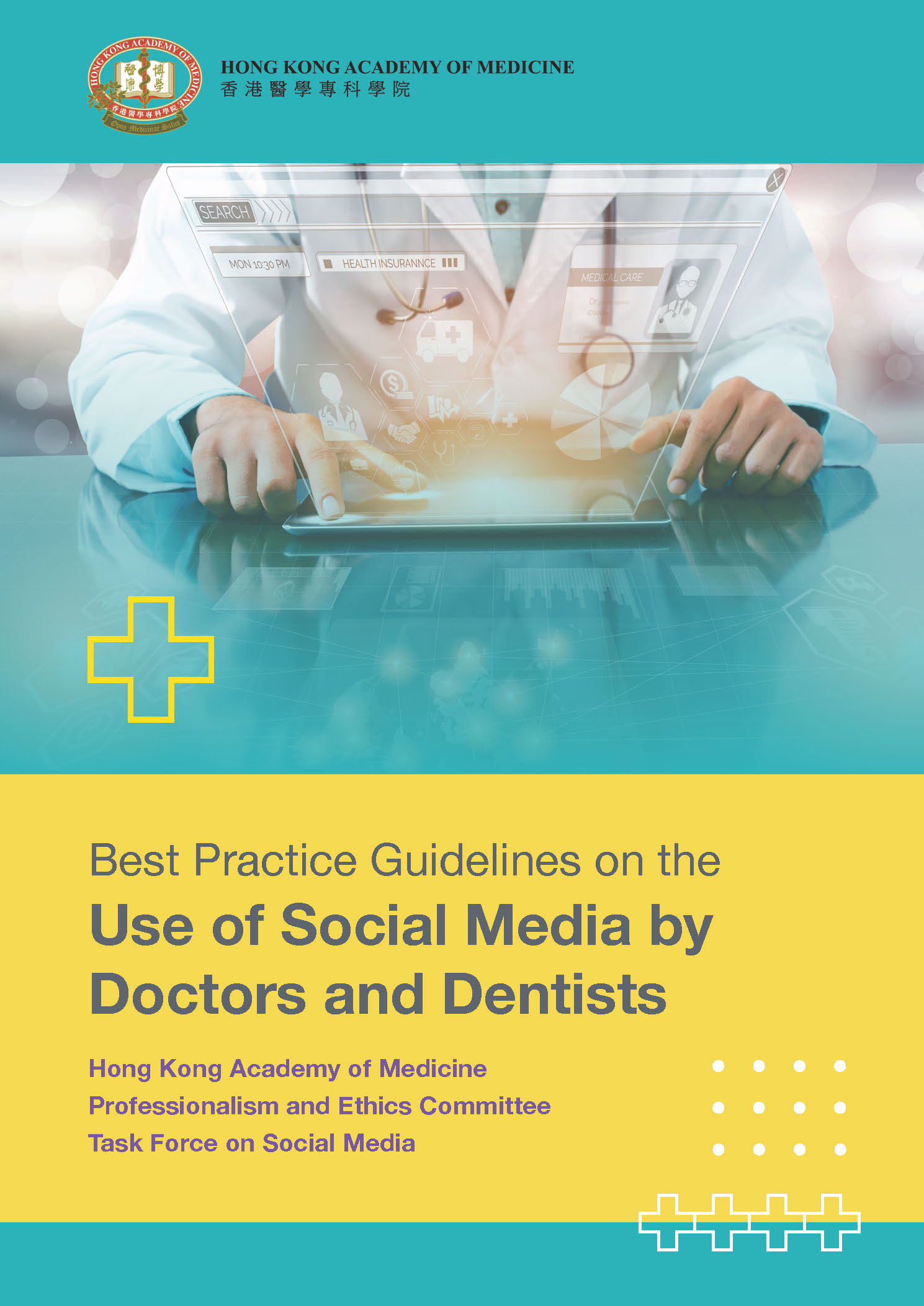
Click here for the set of BPG developed by the Task Force on Social Media to provide useful information and suggestions on the use of social media by doctors and dentists.
Note: The above BPGs are for guidance only and not intended to be prescriptive. They are developed from the perspectives of professionalism and ethics, on the basis of which medical and dental practitioners should exercise their clinical judgement, with regard to all clinical and other circumstances.
Expert Witness
Guidelines on Procedural Sedation
The set of Guidelines aims to promote safe and evidence-based practices in procedural sedation. View and download Guidelines on Procedural Sedation.